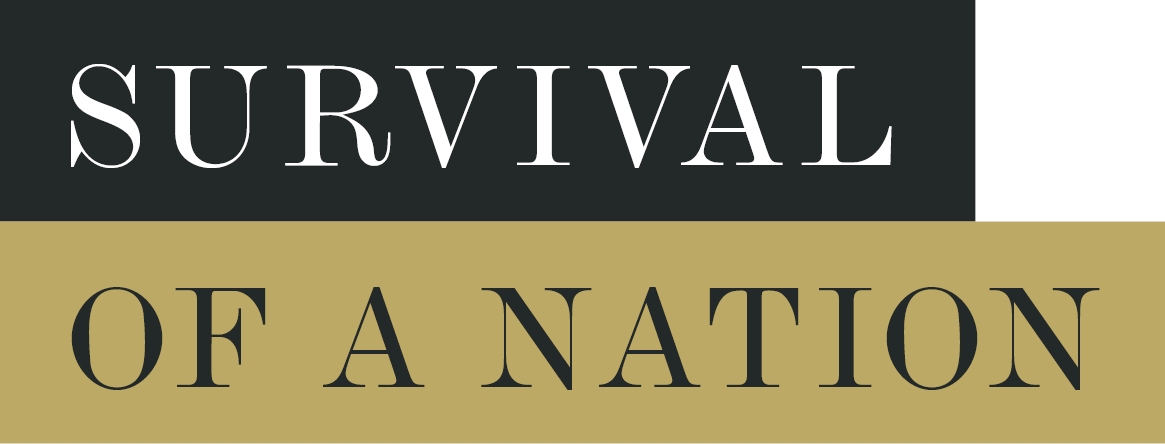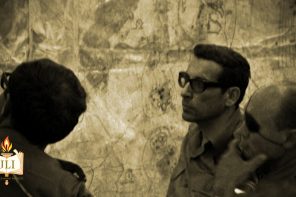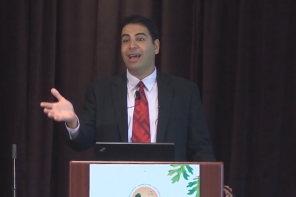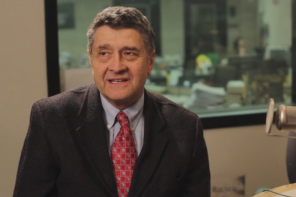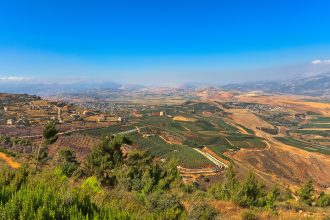By: Ariel Sharon
My first connection with the Rebbe was shortly after the death of my son, when I received from him a warm and moving condolence letter, delivered to our home by the Chabad people.
I first met the Rebbe face-to-face in the beginning of ’68. Those were the days of the War of Attrition fought against the Egyptians at the Suez Canal. There were heated debates in the General Command over the way the war was being conducted and the troop deployment. I insisted on a mobile defense, which would prevent the needless bloodletting of our soldiers deployed along the canal. Among the generals in the General Command only General Yisrael Tal and I opposed the stationary defense approach. The result: I was sent on a lengthy tour of duty outside the country, until my future in the army could be decided . . .
My travels around the world brought me to the United States and to my first meeting with the Rebbe, which was followed by many subsequent meetings through the years. I remember our first meeting. His penetrating steel-gray eyes and the incredible knowledge he exhibited in global affairs left an especially strong impression on me.
I was particularly impressed by his tremendous knowledge and deep understanding in strategic and military matters. I remember his conversations and his letters to me on the subject of Israel’s defense strategy in the Sinai—a subject that deeply troubled me at the time, even before the Yom Kippur War.
The Rebbe compared the line of fortifications along the Suez Canal—the Bar-Lev Line—to the Maginot Line the French built before World War Two as a defense against a German invasion. The Rebbe predicted—not by prophecy, but by rational analysis of the cold facts—that the Bar-Lev Line would be ineffectual and would, in the end, spell great disaster for Israel.
By the same token, he reacted severely, and with grave concern, to the fact that Israel did not react to Egypt’s most serious violation of the cease-fire—on the very first night after it went into effect—that ended the War of Attrition. In August of 1970, the Egyptians advanced their Ground-to-Air missile batteries up to the banks of the Suez Canal, in blatant violation of the cease-fire agreement. Indeed, these missile batteries prevented the Israeli Air Force from disrupting and stopping the canal crossing by the Egyptian armies in the first stages of the Yom Kippur War.
I remember well the Rebbe’s emphatic and uncompromising stance—primarily from a security perspective—against giving up territories from the Land of Israel, and even expressing willingness to give over these territories. He pointed out the security risks in giving up the territories. He was especially opposed, following the Camp David summits, to giving up the Sinai Peninsula to Egypt. His arguments were anchored in a realistic strategic analysis, which doubted the readiness of the Arabs in general, and the Egyptians in particular, to truly accept the existence of an independent Jewish state. The “cold peace” we have now with the Egyptians, the threat posed by an Egyptian military greatly strengthened by advanced Western weaponry, the hostility and incitement in the Egyptian press and school curriculum—these trends the Rebbe accurately foresaw more than 20 years ago, at the height of the peace euphoria in Israel, when public figures and commentators in Israel unanimously spoke about the “historical revolution” in Israeli-Arab relations.
The common thread running through the Rebbe’s strategic thinking was always his concern for the continuity of the Jewish people. I remember a conversation I had with him, at the time, regarding the opening of the gates of the Soviet Union to Jewish immigration to Israel. I said to the Rebbe that, in my opinion, we should perhaps increase the pressure on the Soviets, that Jews across the world, and in Israel, should be more active in applying pressure to advance the opening of the borders. I remember what he said to me in this regard. The Rebbe said that he believes that the day is not far when the gates will open; but in the same breath he added that if we won’t act to further Jewish education and to foster the connection with Judaism amongst the Jews inside the Soviet Union, then even when the gates do open, it won’t accomplish anything! The Rebbe was adamant: Jewish education, strengthening the connection to our Jewish roots, awareness of Jewish traditions—these should be the singular, universal goal that takes precedence over every other national endeavor. In all our illuminating discussions and meetings, the primary subject was always his concern for the future, destiny, honor and integrity of the Jewish people.
The Rebbe was very careful about taking a stance on issues that were controversial within the Jewish community, such as the settlement of Chabad Chassidim in the Old City of Jerusalem, in Hebron, and in Judea and Samaria, though many of his followers did settle in those areas. He wrote to me that it seems to him that the Israeli government is not interested in seeing Jewish settlement in these areas. But just as he was careful in regard to controversial issues, so was he determined and tireless in his work to deepen and broaden the Jewish education amongst the young across the world: sending teachers to virtually every place on earth where Jews live, opening Jewish schools in Russia, North Africa, South and Central America, and across the United States. His uniqueness was that he “practiced what he preached.”
I was distinctly privileged to meet with, and get to know up close, an acclaimed personality such as the Rebbe: a one-of-a-kind sage in the wisdom of Israel, but also a far-seeing strategist, whose focus was on guaranteeing the continued existence and security of the Jewish people, wherever they may find themselves.
In the Rebbe, the age-old wisdom of Israel and a penetrating understanding of the security issues confronting the Jewish people merged in a single unique personality. “I have grown wise from my many teachers,” our Sages say, but I learned most of all from the Rebbe, who in addition to teaching me many lessons in the wisdom of Israel also taught me an illuminating lesson in the subject of the security of the Jewish people and how we should act to ensure that “the eternity of Israel shall not falter.”
In these days of confusion and faint-heartedness amongst the general public, and particularly many of our people, the Rebbe’s statesmanship and strategic vision, together with all his other teachings, are a wellspring of living waters: original and eye-opening in the intellectual desert that characterizes the present era.
“Sage and Strategist,” The Rebbe.org
Reprinted with permission from the publisher.
